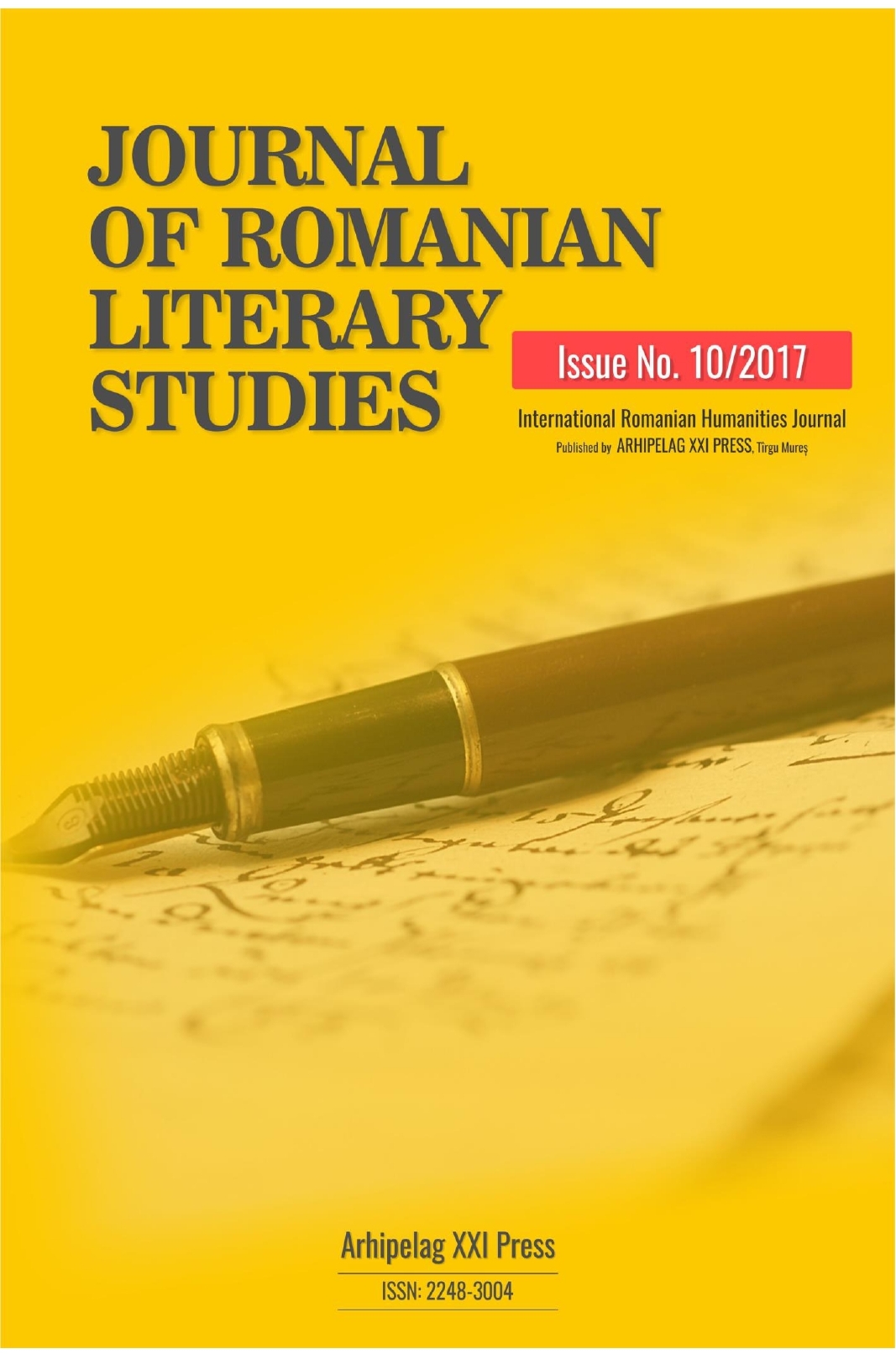CRITICISM IN RALPH ELLISON’S INVISIBLE MAN
CRITICISM IN RALPH ELLISON’S INVISIBLE MAN
Author(s): Amada MocioalcăSubject(s): Studies of Literature, History of Communism, Theory of Literature
Published by: Editura Arhipelag XXI
Keywords: power; adventure; folklore; improvisation; myth;
Summary/Abstract: Invisible Man is critical towards every race, social class and gender present in the novel, without any sort of discrimination. The nice God fearing white folks who offer the scholarship following the shame and humiliation of a “battle royal”, the “respectable” Dr. Bledsoe who attempts to destroy the life of a fellow black man to maintain status and satisfy his demented principles regarding life are met with harsh criticism and irony. Ellison is the enemy of extremism. Ras the Exhorter who is the artistic representation of Black Nationalist leader Marcus Garvey is conveyed as mad, dangerous and unstable. The Brotherhood which is nothing more than the Communist Party comes across as deceptive, manipulative and eager to exploit the black uneducated masses, which is of course in antithesis with the principles of social equity and justice it promotes. Ellison’s aversion in the novel towards the Brotherhood is explainable partly due to his negative experiences as a member of the Communist Party.
Journal: Journal of Romanian Literary Studies
- Issue Year: 2017
- Issue No: 10
- Page Range: 243-248
- Page Count: 6
- Language: English

